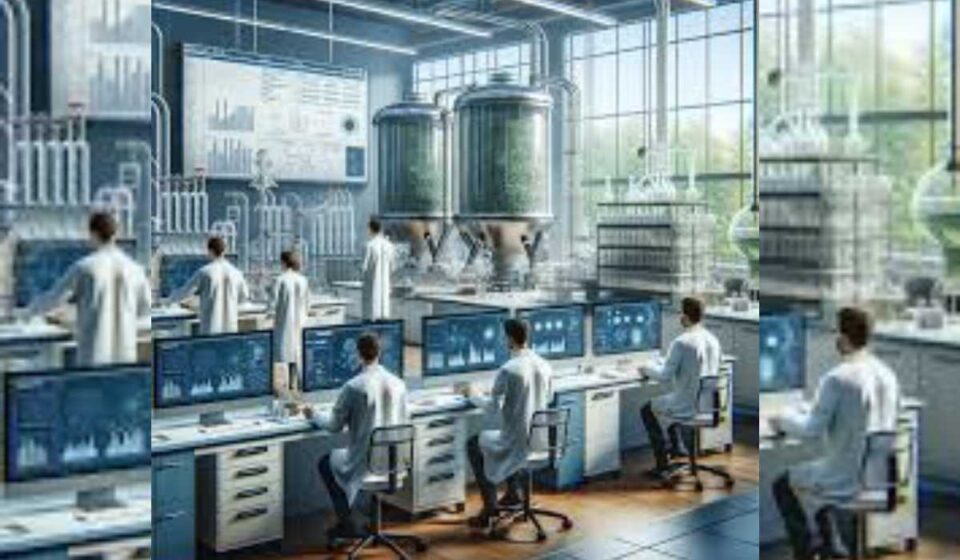Biofabrication is quickly emerging as a groundbreaking approach to manufacturing, transforming the way industries produce materials. This innovative process involves growing biological materials, such as lab-grown meat, leather, and even construction materials, from living cells in controlled environments. As global industries look for sustainable alternatives to traditional manufacturing processes, biofabrication offers a solution that can reduce resource consumption and environmental impact. It is being hailed as a potential game-changer in sectors like fashion, food production, and construction.
Several forward-thinking companies have already begun investing heavily in biofabrication technologies. Companies like Modern Meadow are developing biofabricated leather, while Memphis Meats and Mosa Meat are pioneering lab-grown meat. These startups have attracted significant venture capital funding, highlighting the growing interest in replacing conventional, resource-intensive processes with biofabricated alternatives. According to reports, the global biofabrication market is expected to reach over $20 billion by 2030, driven by the increasing demand for sustainable solutions in key industries.
Biofabricated products are beginning to make their way into mainstream markets. Lab-grown meat, for example, is already being sold in select restaurants, offering a cruelty-free and environmentally friendly alternative to conventional meat. Similarly, biofabricated leather is being adopted by the fashion industry as a sustainable option for brands looking to minimize their environmental footprint. Beyond food and fashion, biofabrication is showing potential in construction, with researchers exploring how biological materials could be used to create sustainable building components like bricks or insulation.
The future of biofabrication looks promising, with the potential to revolutionize industries that have long relied on resource-heavy materials. As technological advancements continue, biofabricated products could become more affordable and accessible, replacing traditional manufacturing processes at scale. Experts predict that biofabrication could play a key role in reducing carbon emissions, conserving water, and alleviating the strain on natural resources, making industries more sustainable and resilient in the face of environmental challenges.
In the coming decades, biofabrication has the potential to transform the global economy by driving sustainable innovation across industries. As companies invest in scaling up production and integrating biofabricated materials into their supply chains, the shift toward more sustainable manufacturing will become a key competitive advantage. The widespread adoption of biofabrication could reshape not only how we produce goods but also how industries address environmental challenges, making it a pivotal part of the future of manufacturing.


